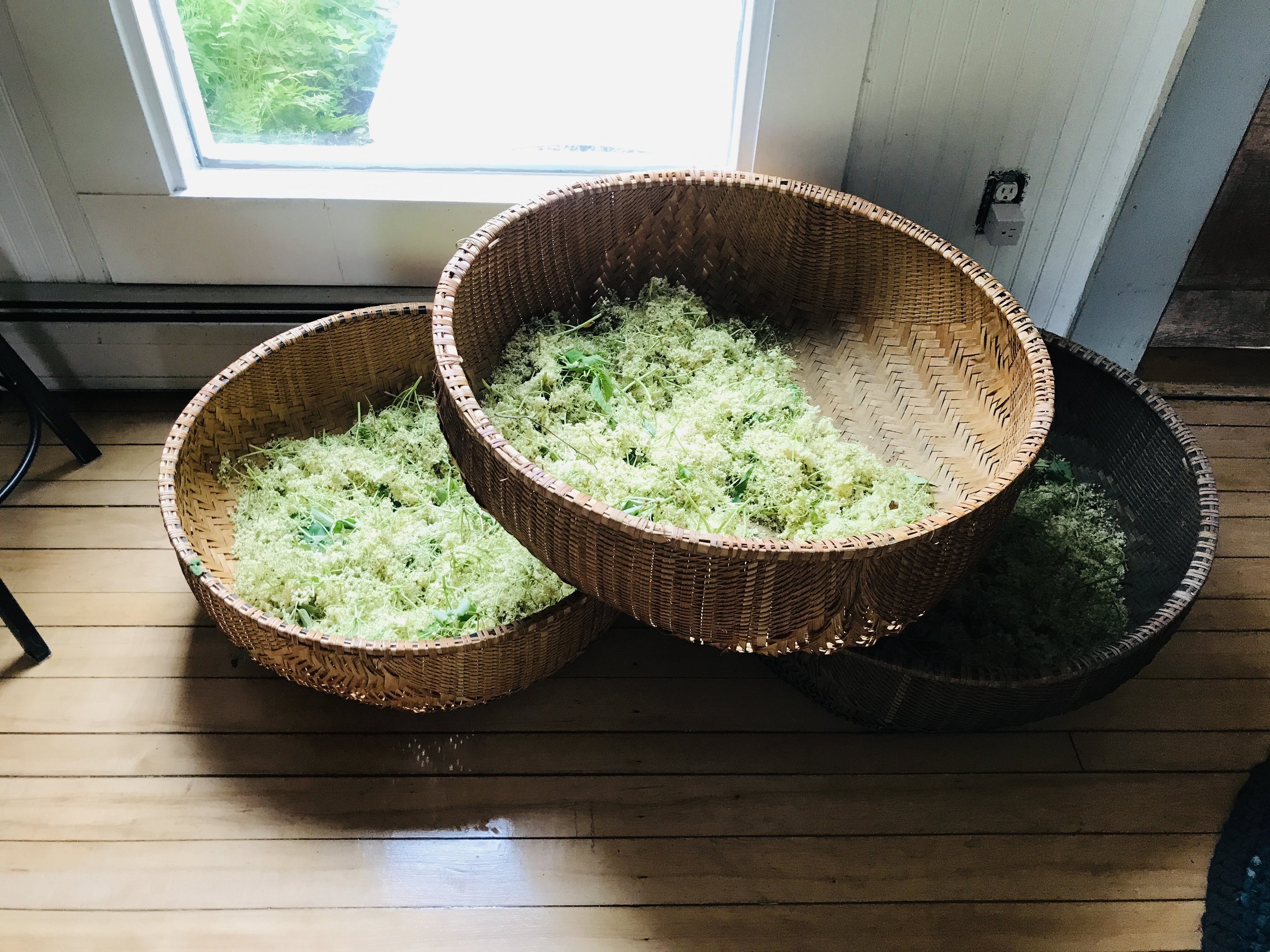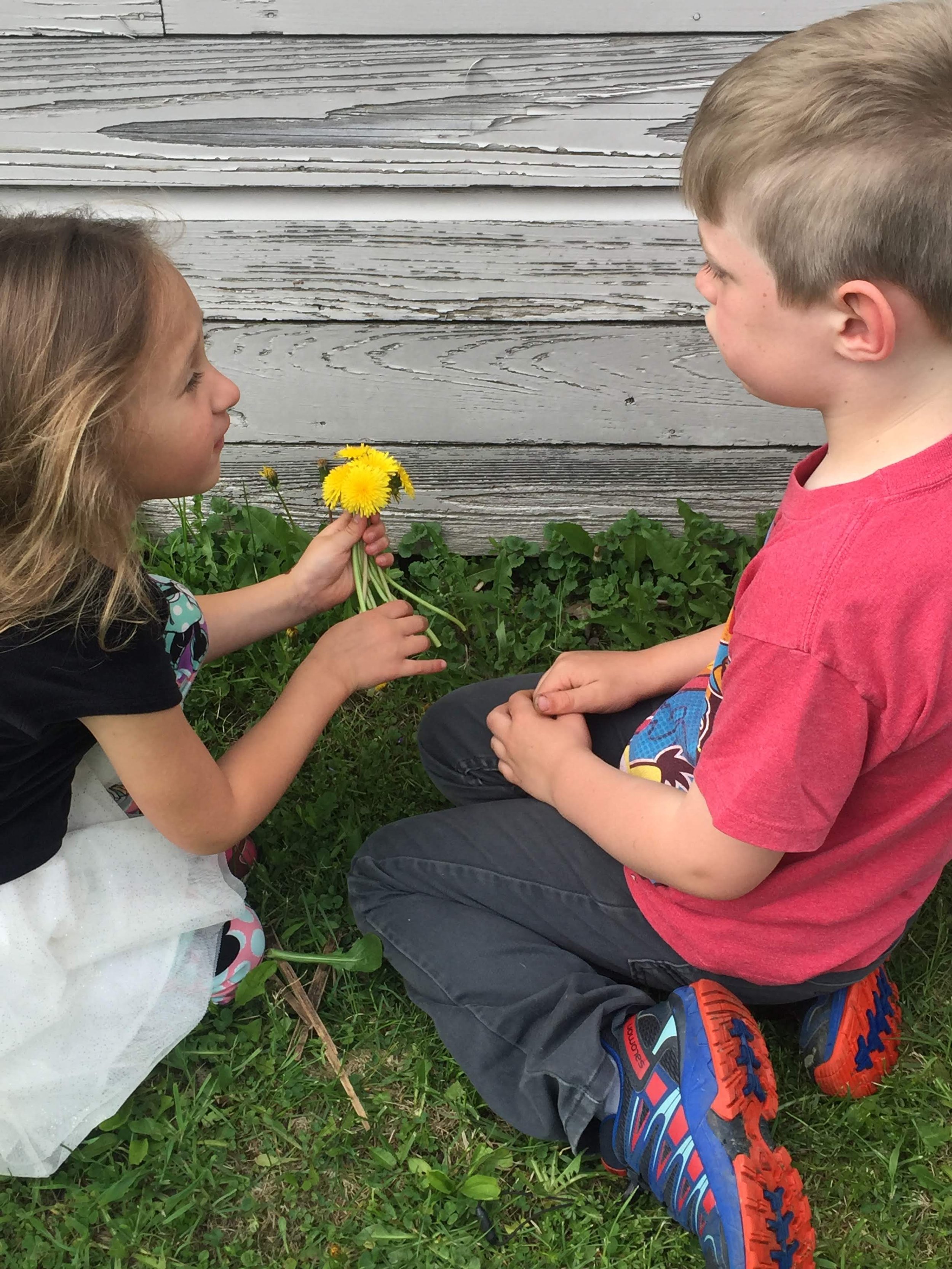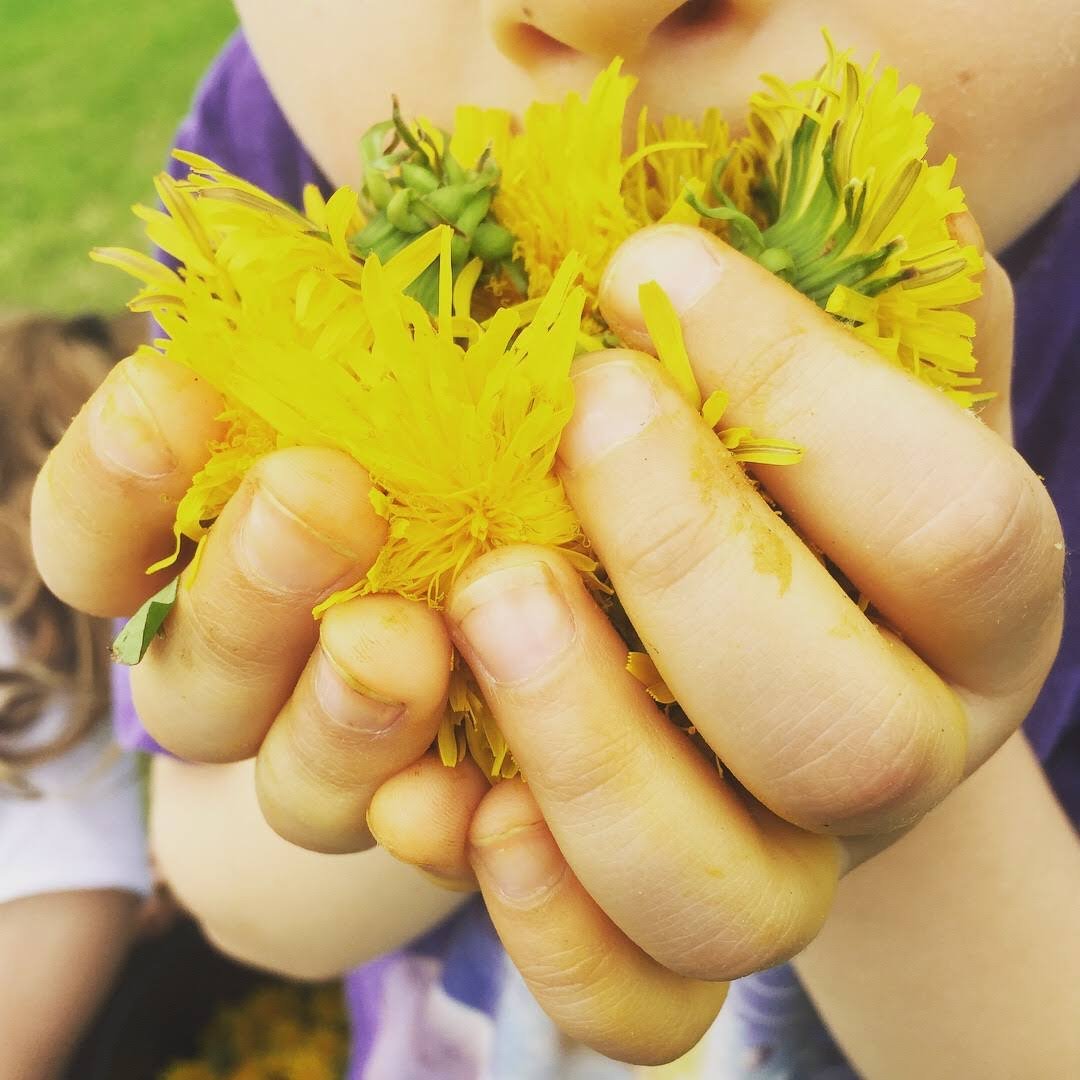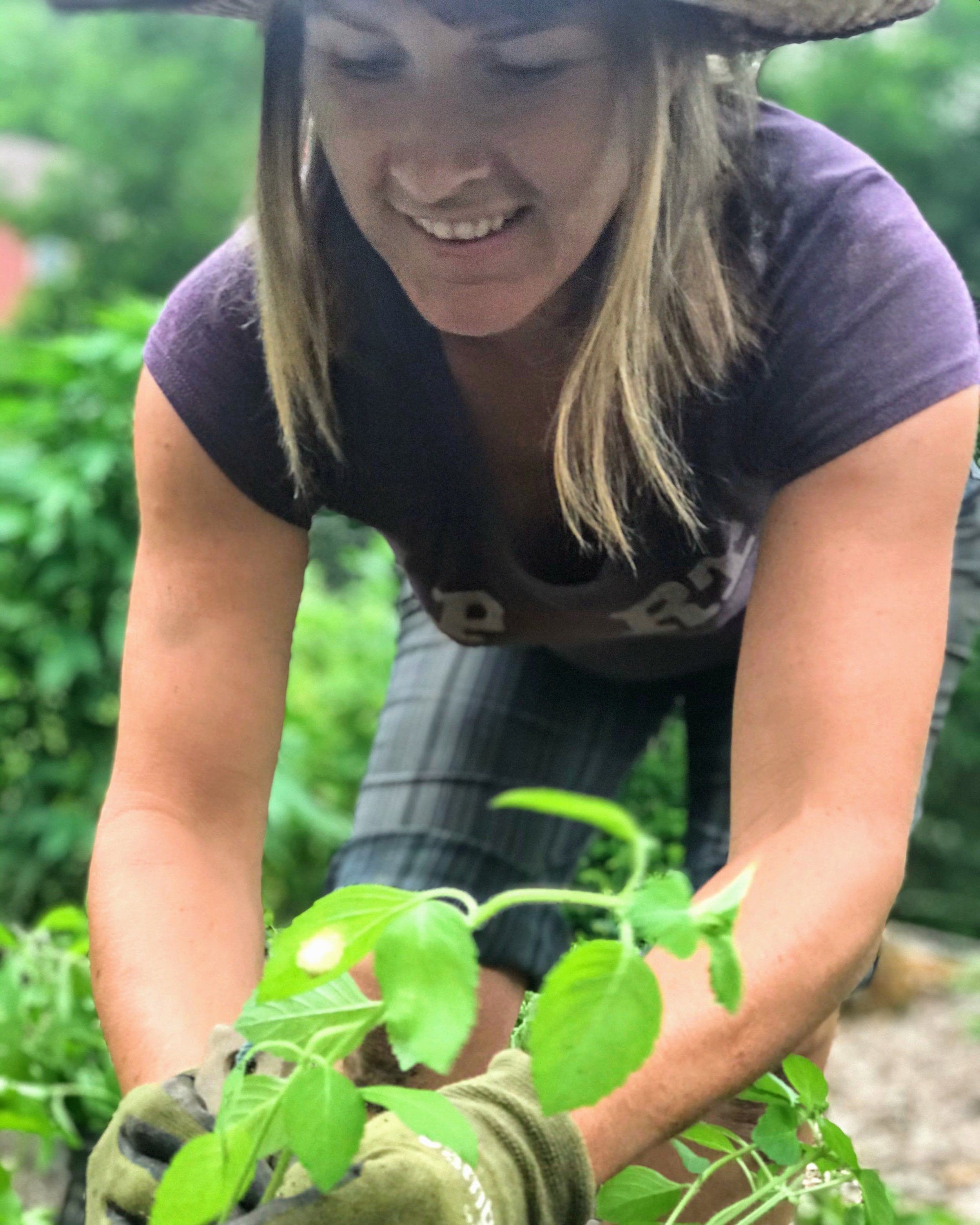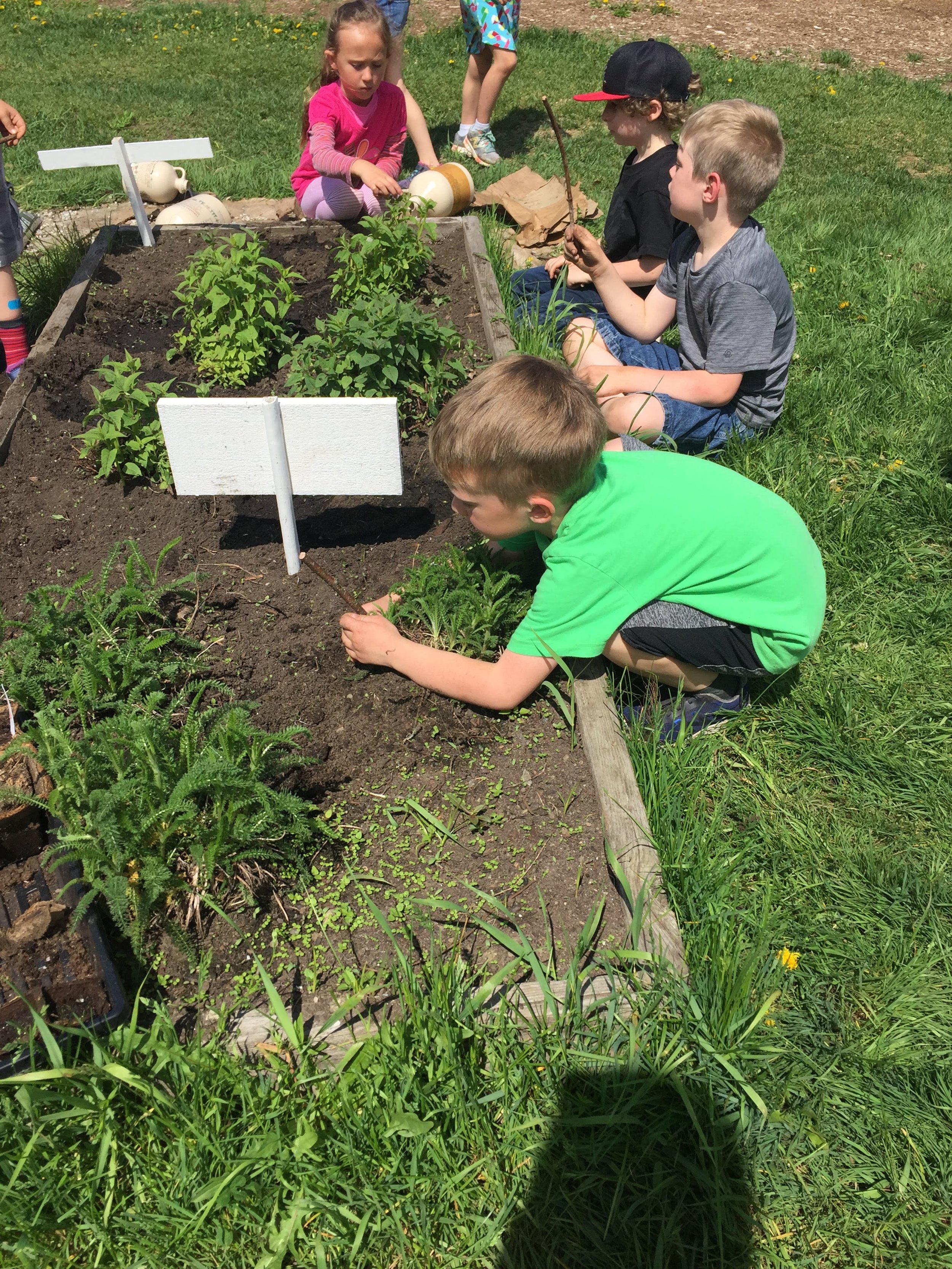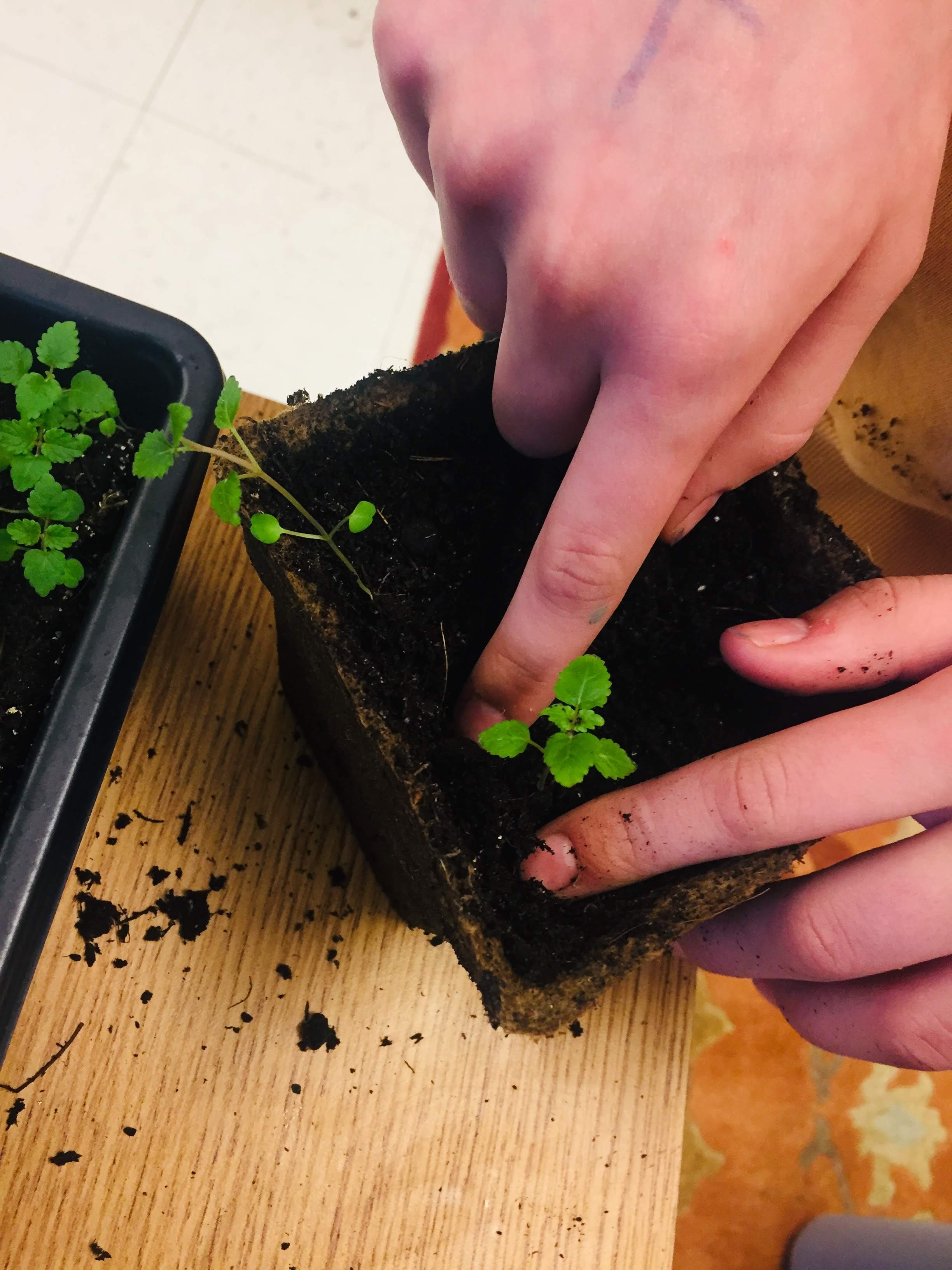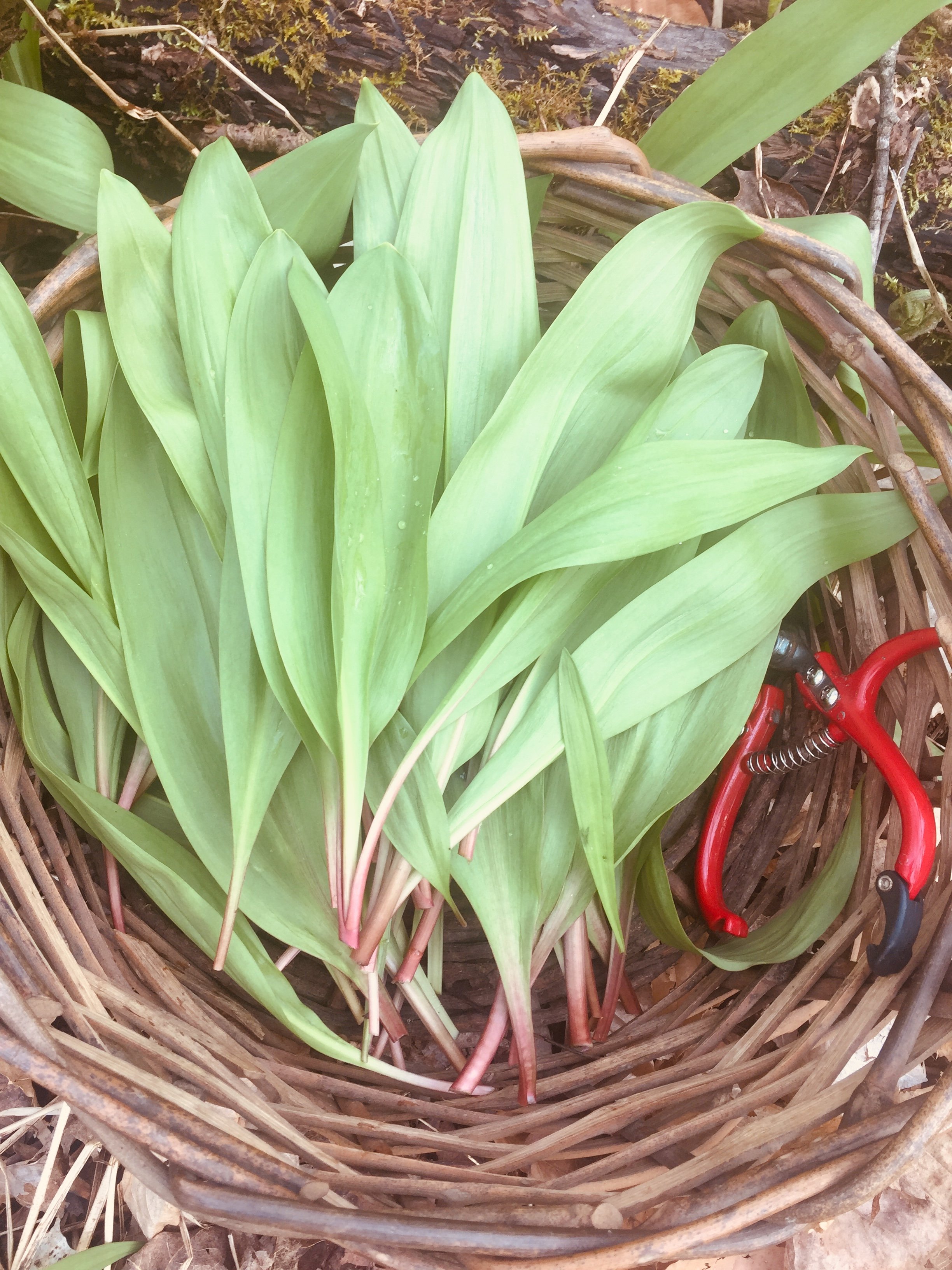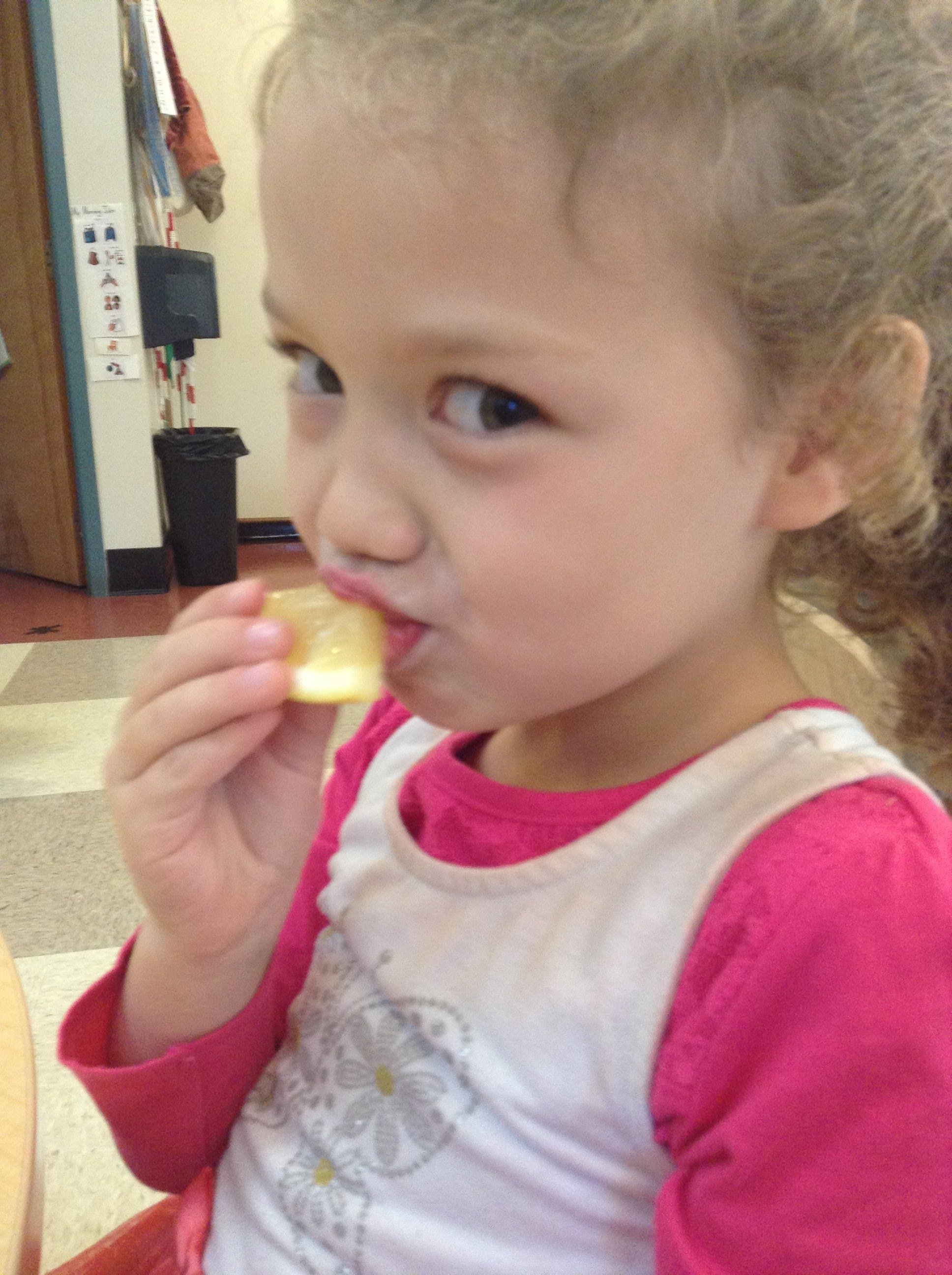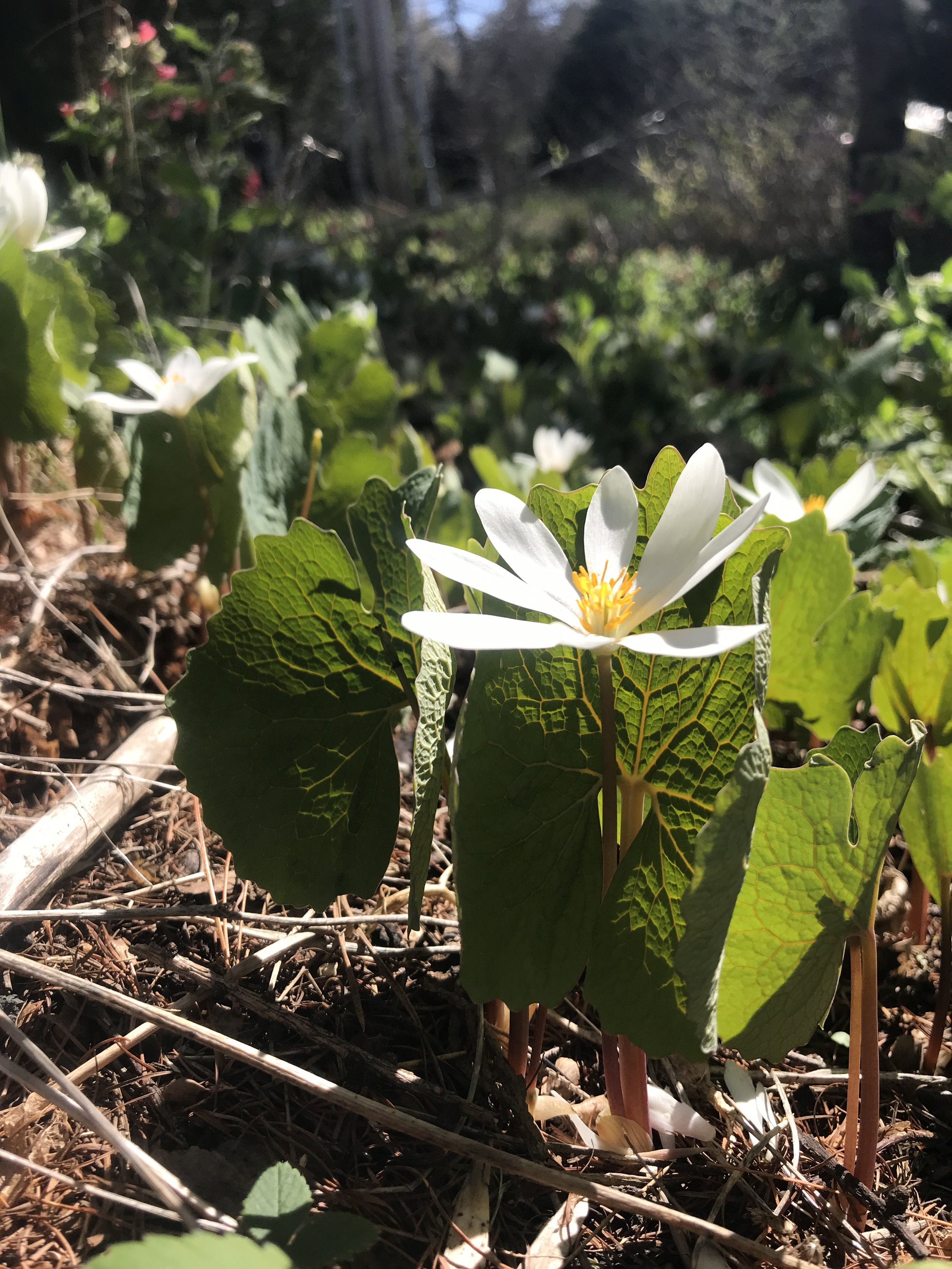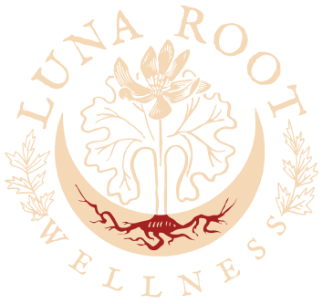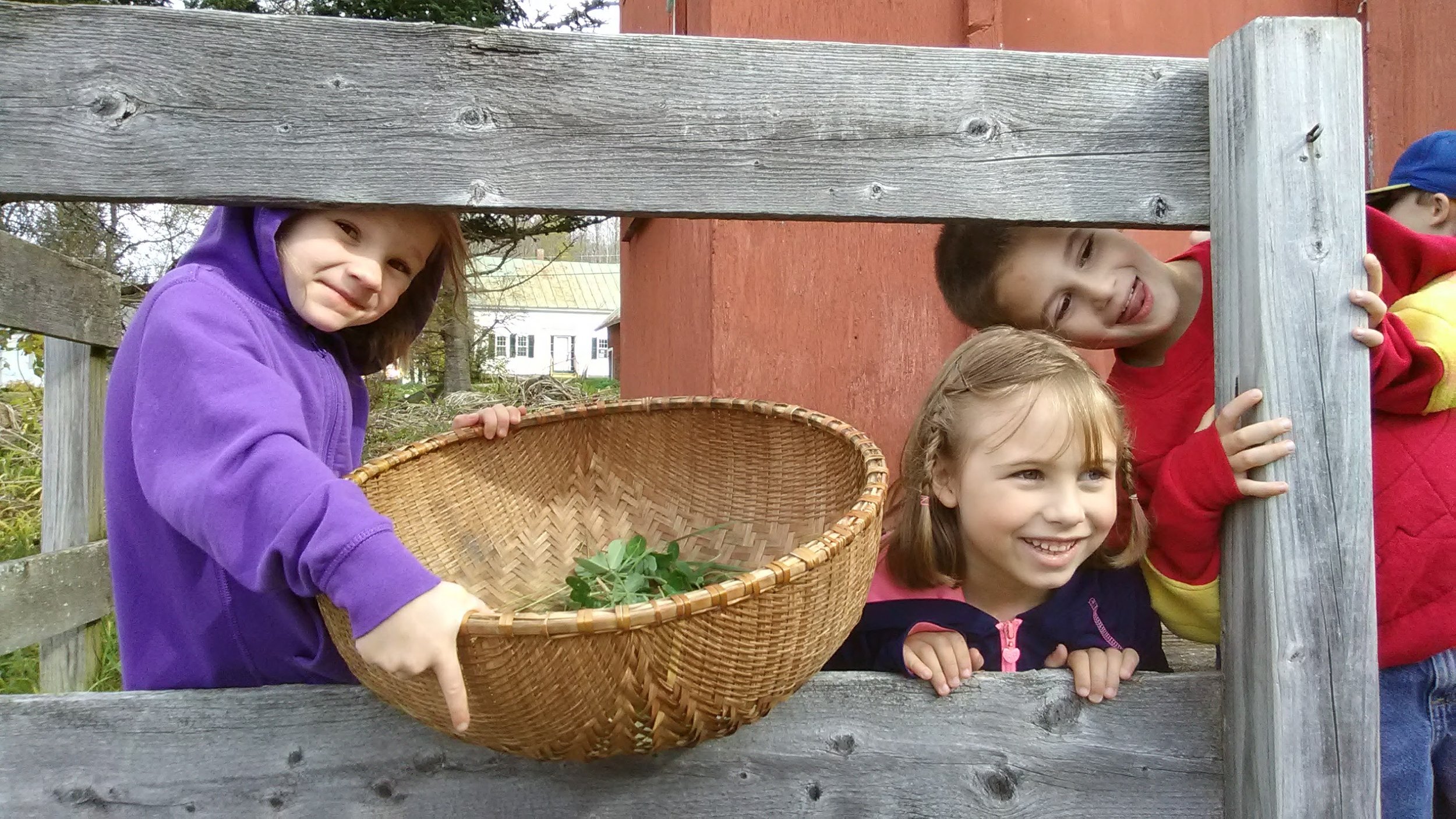
The Tea Project: Part 2, Spring 2023
Mindfulness Practice to Enhance Science Observation Skills
Designing, Planting and Caring For a Perennial School Tea Garden
Instructor: Angie Barger, Clinical Herbalist & Educator
Contact: angie5lunaroot@gmail.com
Online teaching style: Angie's Herbal Videos
Location Online
Start Date Feb 13, 2023
End Date June 4, 2023
Grade Level This course is established for PreK-8th grade teachers to develop a sustainable school herb garden and mindfulness practice within their classroom and school. Individual groups and consultation times will address grade-level appropriate materials.
Teachers from each grade level have successfully participated in the pilot program for the Tea Project. Please request a contact teacher from your grade level if you have further questions about how the Tea Project was implemented in their class.
Costs:
Tuition: $1000
Optional 3 graduate credits @ Castleton Universtiy: $435
Materials required: $92
Materials optional or upcycled: $188.00
Total: $1000-$1715
The perennial garden is suited to the school year, with a harvest available as students return to school the next year. Plants begin from seed planted by students indoors in a classroom nursery during the late winter. They nurture them, and pot them up into larger containers indoors until ready for the garden at the culmination of the school year. Learn the herbal actions of the specific plants in your garden, practice drinking herbal tea in the classroom and reflect on its pathway in the body with your students. Heavy focus on experiential lesson plans in both NGSS and SEL Standardized Curriculum.
The following topics from are introduced and explored:
Design a tea garden
Plant and care for perennial herbs
Curriculum Topics:
Seeds
Growth
Scientific Observation Skills
Spring Ephemeral Woodland Flowers
Botanical Drawing of Leaves
Harvest
Preserve
Prepare Herbal Preparations
Social Emotional Learning Curriculum
-
How and Why do we form a culture of herbal knowledge from seed to belly with our school community?
The Spring Semester will focus on the beginning of the growing cycle: starting with seed to sprout, to transplant in the school garden.
-
About this Training:
Designed for educators to immerse themselves in, and then apply within the classroom, this Tea Project course explores a felt sense curriculum of mindful tea drinking routines to deepen one's recognition of our individual body expression, craft this into words, share it with our classmates, and validate it. We build perennial herb gardens from seed, and bear witness to this process which demands our patience and care throughout the cycle of the seasons. We learn to identify different herbs by visual ID in the outdoors and then craft the garden grown herbs into daily teas for our felt sense classroom routines. We learn to notice the interaction of different herbal teas within our own body, recognize that each individual in our classroom may have a different experience, listen to it and validate it while holding our own as valid.
Primarily a virtual immersive experience within a small cohort of educators who reflect together through a written forum, we also join in one 1.5 hour long synchronous online class per month throughout the course. The cohort members expand the Tea Project to meet the needs of their classroom or learning environment. Mindfulness SEL Curriculum and Science Gardening Curriculum are provided for adaptation. 3 graduate credits & 45 PD hours available.
-
Throughout the workshops and group conversations the following topics from within this realm will be introduced and explored:
1. Design a tea garden
2. Plant and care for perennial herbs
Spring: Planting a garden, Designing a garden, Seeds, Growth, Weeds or Medicine?, Drawing Plants (Botany), Spring Ephemeral Flowers (woodland), Botanical Drawing of Leaves, Seed, Ephemeral Flowers
-
Students will become familiar with sources to access current research on herbal use and experimentation.
Students will brainstorm, develop, and create standardized lesson plans(NGSS and Common Core) to accompany the primary goal topics of their choice.
-
Asynchronous Online Learning Management System
2. Module Format with Interactive Forum Reflections
3. Once monthly 1.5 hour Synchronous Zoom Class on Tuesday Feb 13, and 1 TBD Monday evening in March, April, May and June from 5-6:30 pm EST.
Learning Management System: www.theteaproject.net
Weekly modules for a self-led experience. we dive deeply into methods for wildcrafting, harvesting and making medicine from herbal perennials.
Small-Group Participation Students will participate in small groups of 3-4 with whom they develop deeper questions, sharings and evolve their projects together within this collaborative group. Feedback and support expected. Angie will interact weekly with each small group.
Individual Mentoring Sessions These sessions are your main individual support for the semester during which you and Angie speak of the visions, obstacles, and action steps to further your Tea Project and rise above hurdles and challenges. She will offer individual support for you at this time.
